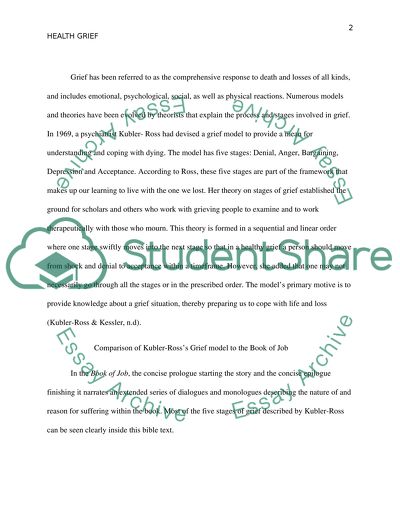Cite this document
(“Healthy Grief Assignment Example | Topics and Well Written Essays - 1000 words”, n.d.)
Healthy Grief Assignment Example | Topics and Well Written Essays - 1000 words. Retrieved from https://studentshare.org/nursing/1455592-healthy-grief
Healthy Grief Assignment Example | Topics and Well Written Essays - 1000 words. Retrieved from https://studentshare.org/nursing/1455592-healthy-grief
(Healthy Grief Assignment Example | Topics and Well Written Essays - 1000 Words)
Healthy Grief Assignment Example | Topics and Well Written Essays - 1000 Words. https://studentshare.org/nursing/1455592-healthy-grief.
Healthy Grief Assignment Example | Topics and Well Written Essays - 1000 Words. https://studentshare.org/nursing/1455592-healthy-grief.
“Healthy Grief Assignment Example | Topics and Well Written Essays - 1000 Words”, n.d. https://studentshare.org/nursing/1455592-healthy-grief.


